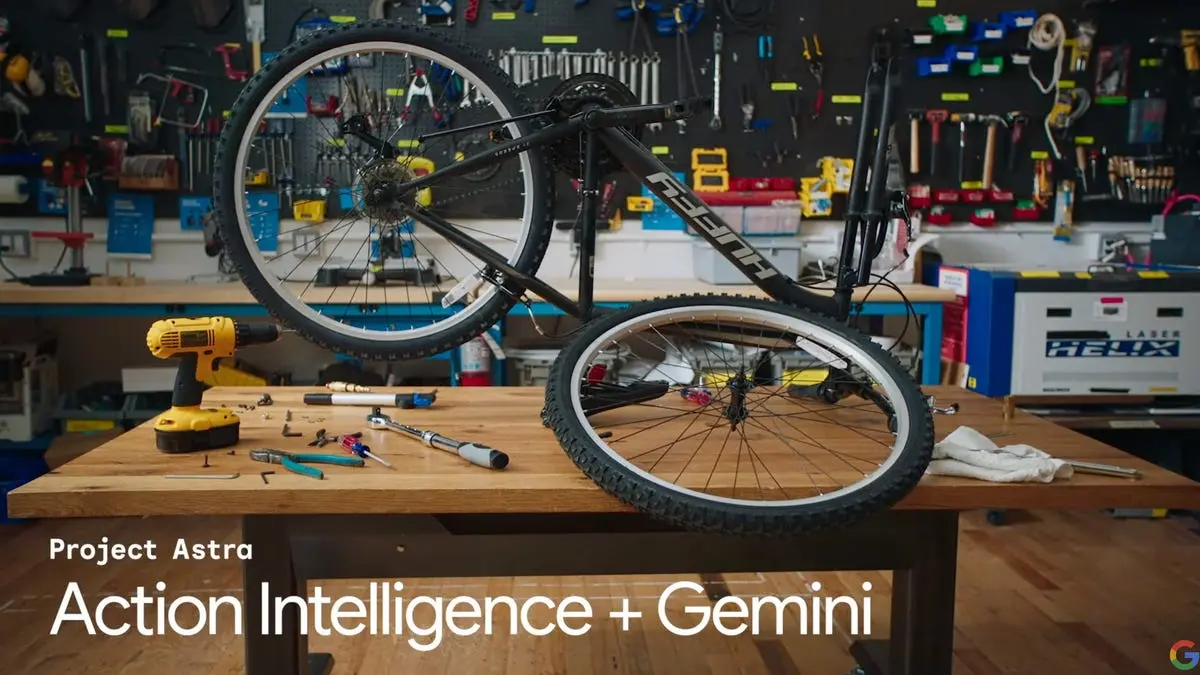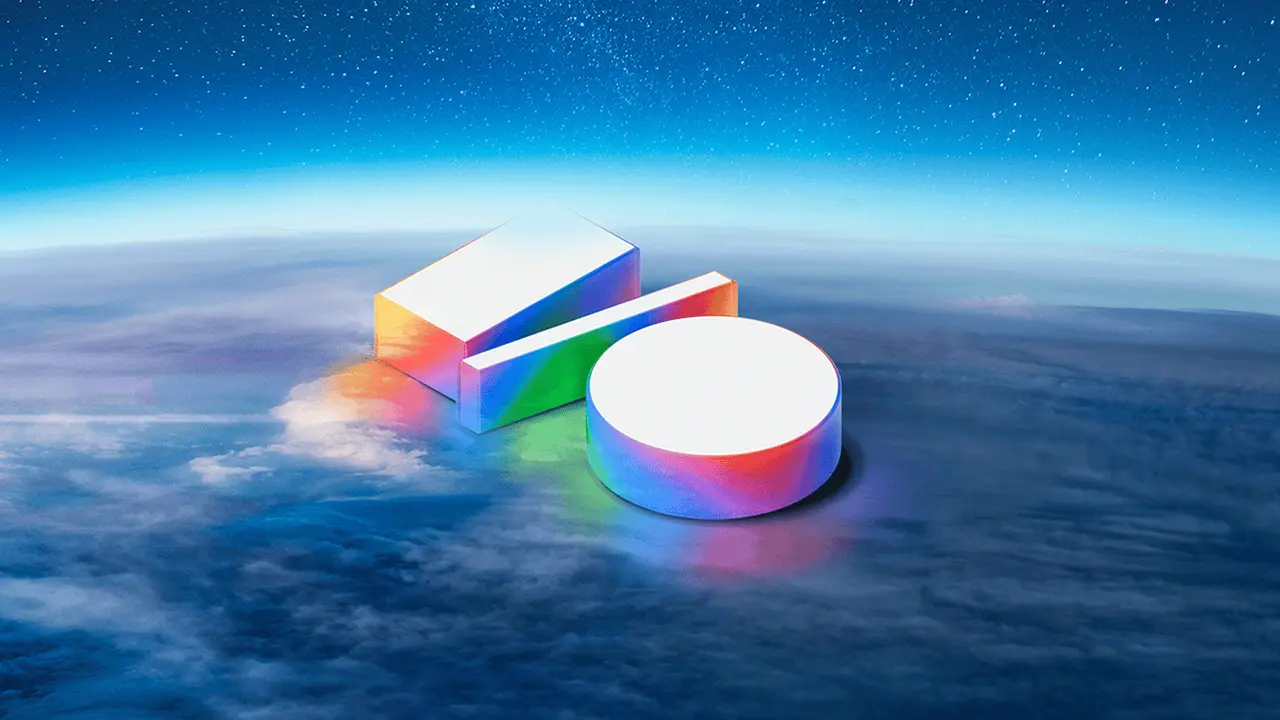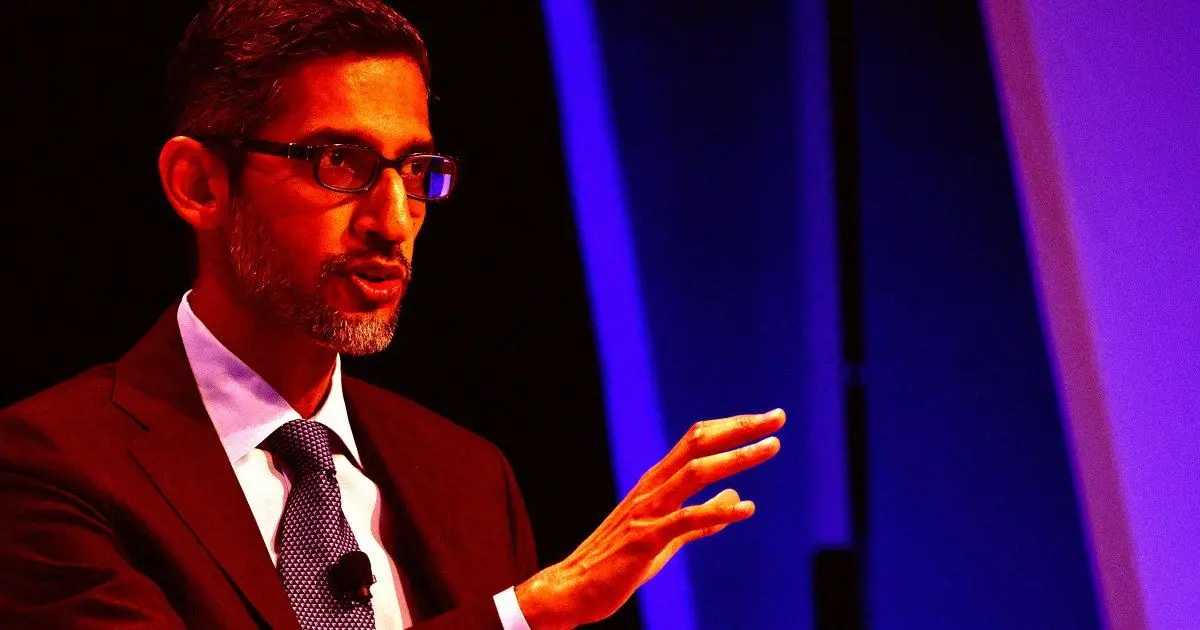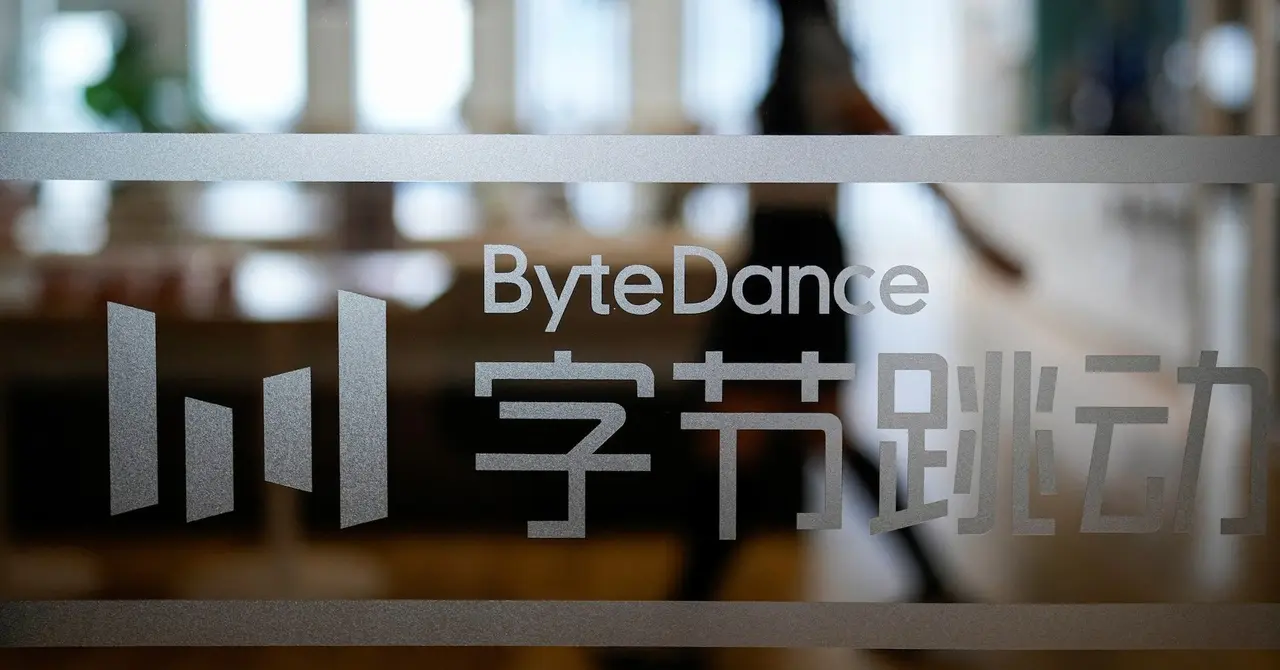Google Delays Launch of Project Astra AI Agent to 2025
3 Sources
3 Sources
[1]
We will have to wait quite a while to see Google's anticipated Project Astra - Softonic
Google has postponed the launch of its Project Astra until 2025, an advanced artificial intelligence technology that promises "multimodal" experiences in real-time. The decision was made public during the third-quarter earnings report, in which Sundar Pichai, the company's CEO, explained that they are building "experiences where AI can see and reason about the world around you." Project Astra would have a deeper understanding of the environment, allowing AI agents not only to answer questions but also to perform specific tasks for the user. In a presentation during the I/O developers conference in May, Google showcased some features of Astra, such as its ability to identify places and answer questions about objects on screen, like the neighborhood where a user is located or the name of a specific part of a bicycle. Although it was initially speculated that a consumer version would be released this December, everything indicates that it is an independent project from Astra. And Astra is not the only thing Google has in mind regarding the future of AI. This same week, the company announced that it is developing "Project Jarvis," an AI agent capable of controlling a PC's browser and performing various tasks.
[2]
Project Astra delay means Google's AI agent won't arrive until next year -- what we know
Back in May, at the Google I/O developer conference, Google announced that it was working on a new AI assistant it dubbed "Project Astra". Astra is designed to be a universal AI agent for everyday life, with the ability to utilize your phone's camera and voice recognition software to aid you. All while understanding commands and responding like a real human being. Google originally promised that Astra would come to Google's Gemini app sometime "later this year". That timeline has now been moved to sometime in 2025, with Google CEO Sundar Pichai confirming the news during the Q3 earnings call for parent company Alphabet. Pichai didn't go into any specifics, only saying that Google is "building out experiences where AI can see and reason about the world around you" -- adding that Google is aiming to "ship experiences like this as early as 2025". It's unclear what experiences will be coming next year, and if anything Google initially announced will be available before the end of the year. Considering Apple is set to release its own camera-based AI tool, called Visual Intelligence, to iPhone 16 at some point in December, you'd hope that Google would be hustling to avoid lengthy delays. The use of the word "experiences" also suggests that there may be more to Project Astra than the camera-centric mode. However Pichai could also be referring to the fact Astra will be available on Android phones and smart glasses -- which will likely offer very manifestations of what Astra can do. Google's AI ambitions don't start and end with Astra, though. Pichai also says that Google's teams are "actively working on performance improvements and new capabilities for our range of models." He also confirmed that a third generation Gemini Model, likely Gemini 2.0, is "progressing well", but didn't offer any additional details. Rumor is that Gemini 2.0 could be announced as soon as December, which would mean there's at least some good AI news coming before the end of the year. As for the rest of Google's services, and their eventual integration with AI, Pichai said that there's an "aggressive roadmap ahead for 2025". So expect Gemini and other Google AI features to spread rather rapidly over the next 12-14 months.
[3]
Google says its next-gen AI agents won't launch until 2025 at the earliest | TechCrunch
Google CEO Sundar Pichai revealed the timeline in remarks during Google's Q3 earnings call today. "[Google is] building out experiences where AI can see and reason about the world around you," he said. "Project Astra is a glimpse of that future. We're working to ship experiences like this as early as 2025." Project Astra, which Google demoed at its I/O developer conference in May 2024, encompasses a range of technologies, from smartphone apps that can recognize the world around them and answer related questions to AI assistants that can perform actions on a user's behalf. In a pre-recorded demo during I/O, Google showed a Project Astra prototype answering questions about things within view of a smartphone's camera, like which neighborhood a user might be in or the name of a part on a broken bicycle. The Information reported this month that Google was planning to launch a consumer-focused agent experience as early as this December -- one capable of purchasing a product, booking a flight, and other such chores. That now seems unlikely -- unless the experience in question is divorced from Project Astra. Anthropic recently became one of the first companies with a large generative AI model able to control apps and web browsers on a PC. But, illustrating how challenging building AI agents can be, Anthropic's struggles with many basic tasks.
Share
Share
Copy Link
Google has postponed the release of Project Astra, its advanced AI agent, until 2025. The project aims to create multimodal AI experiences that can understand and interact with the world around users.

Google Pushes Project Astra Launch to 2025
Google has announced a significant delay in the launch of its highly anticipated Project Astra, an advanced artificial intelligence technology that promises to deliver "multimodal" experiences in real-time. Initially expected to debut in late 2024, the project has now been pushed back to 2025, as revealed by Google CEO Sundar Pichai during the company's third-quarter earnings report
1
.What is Project Astra?
Project Astra is designed to be a universal AI agent for everyday life, capable of utilizing a smartphone's camera and voice recognition software to aid users. The technology aims to understand commands and respond like a real human being, with a deeper understanding of the environment
2
.During the Google I/O developers conference in May, the company showcased some of Astra's capabilities, including:
- Identifying places and answering questions about objects on screen
- Recognizing specific neighborhoods
- Naming parts of objects, such as bicycle components
1
Reasons for the Delay
While Google has not provided specific reasons for the delay, Pichai emphasized that the company is "building out experiences where AI can see and reason about the world around you"
3
. This suggests that the complexity of creating a truly versatile AI agent may be more challenging than initially anticipated.Related Stories
Google's AI Roadmap
Despite the setback with Project Astra, Google continues to push forward with its AI ambitions:
- Project Jarvis: A newly announced AI agent capable of controlling a PC's browser and performing various tasks
1
. - Gemini 2.0: The third generation of Google's Gemini model is reportedly progressing well, with rumors suggesting a possible announcement in December 2024
2
. - Integration of AI across Google services: Pichai mentioned an "aggressive roadmap ahead for 2025," indicating rapid expansion of AI features across Google's product lineup
2
.
Industry Context
The delay of Project Astra comes at a time when competition in the AI space is intensifying. Apple is set to release its own camera-based AI tool, Visual Intelligence, for the iPhone 16 in December 2024
2
. Meanwhile, Anthropic has become one of the first companies to develop a large generative AI model capable of controlling apps and web browsers on a PC, although it still faces challenges with basic tasks3
.References
Summarized by
Navi
[2]
Related Stories
Recent Highlights
1
Hollywood studios demand ByteDance halt Seedance 2.0 after AI-generated Tom Cruise fight goes viral
Technology

2
Microsoft AI chief predicts automation of white collar tasks within 18 months, sparking job fears
Business and Economy

3
University of Michigan's Prima AI model reads brain MRI scans in seconds with 97.5% accuracy
Science and Research








